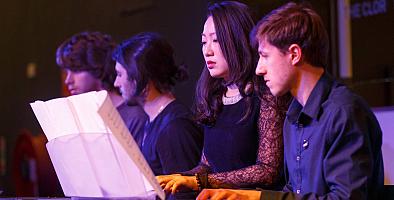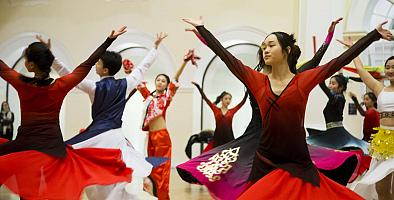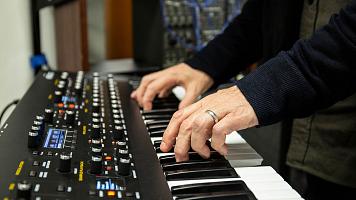Course information
Department
Length
1 year full-time or 2 years part-time
Scholarship information
Course overview
The MA Music (Ethnomusicology) introduces a range of methodologies in relation to the study of music in its cultural contexts.
- As well as engaging with musical practices in various geographic or cultural areas, the programme acknowledges the importance of urban ethnomusicology and the usefulness of applying ethnomusicological approaches to Western art and popular music.
- You have the opportunity to engage with key ethnographic methodologies, such as interviewing, videoing and video editing, and musical performance as a research technique.
- The innovative structure of the programme allows you to specialise in one of these areas if you wish, leading to a final project that itself may have a significant practical component, and you have the opportunity to undertake fieldwork projects as part of your studies.
- A written dissertation option is also available, allowing you to engage in depth with an issue that interests you.
- The programme appeals to a wide range of students hoping to develop their intellectual skills in music, particularly those with interests in music as a cultural phenomenon.
- It's exceptionally useful, for example, for students preparing for further postgraduate research, or for those considering careers in teaching, journalism, arts administration or the culture industries, or working with government agencies or charities abroad.
Contact the department
If you have specific questions about the degree, contact Dr Barley Norton.





